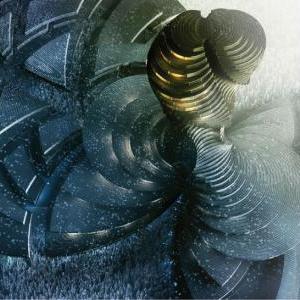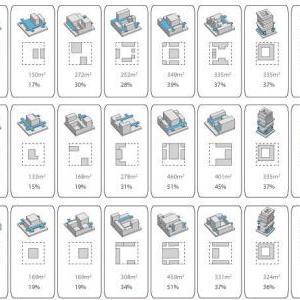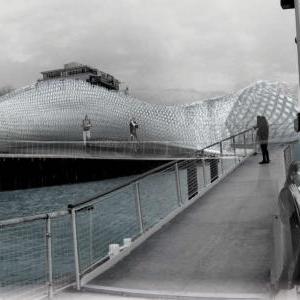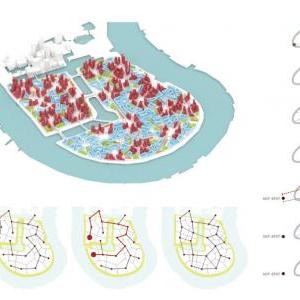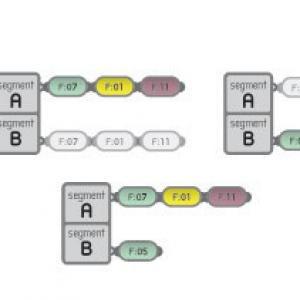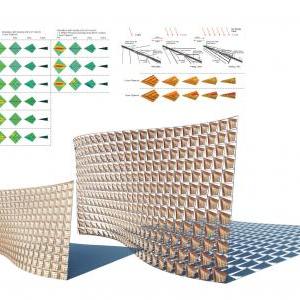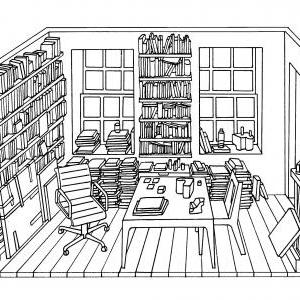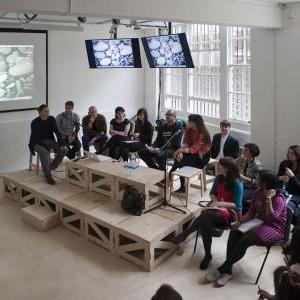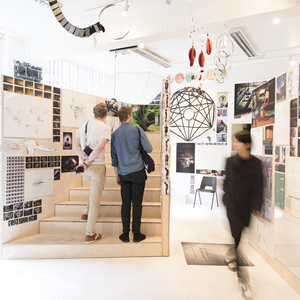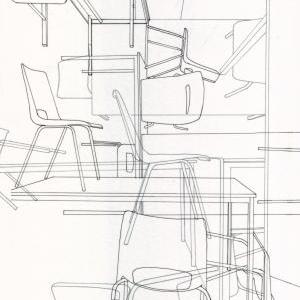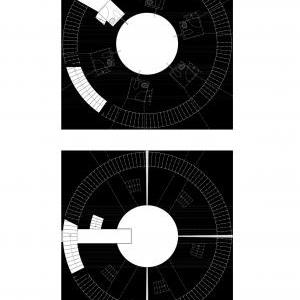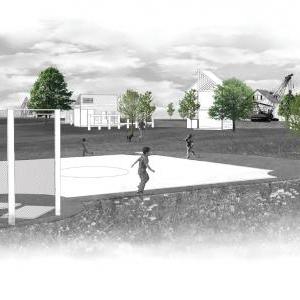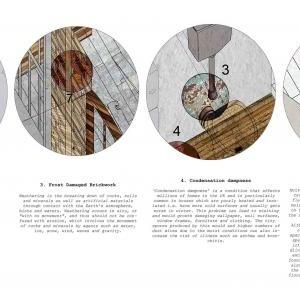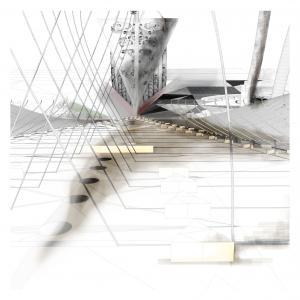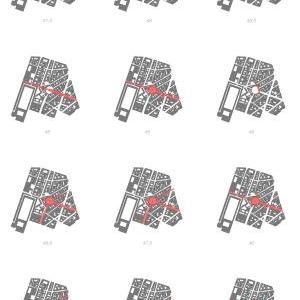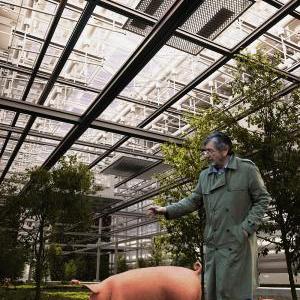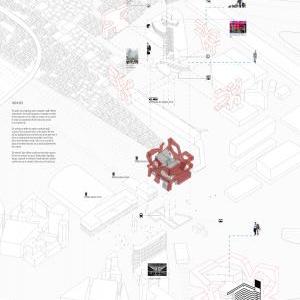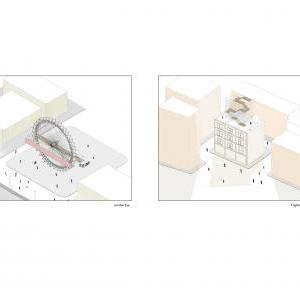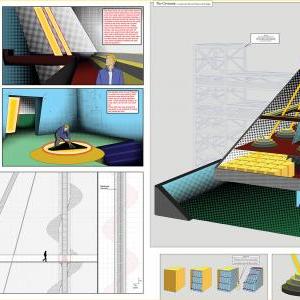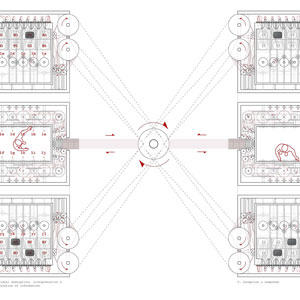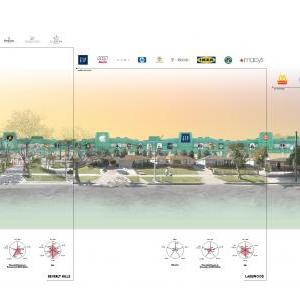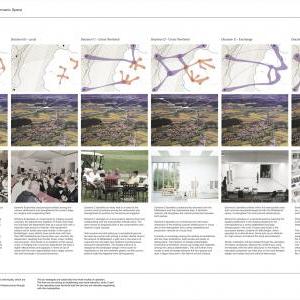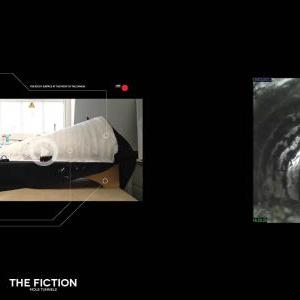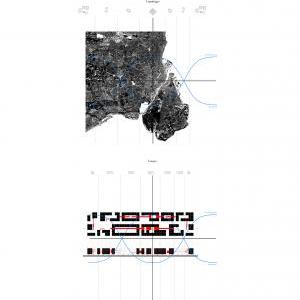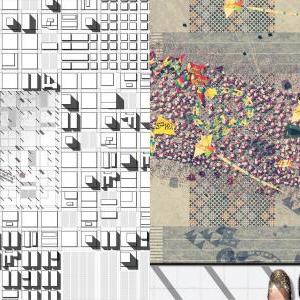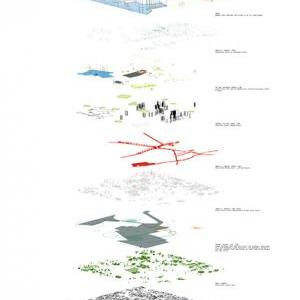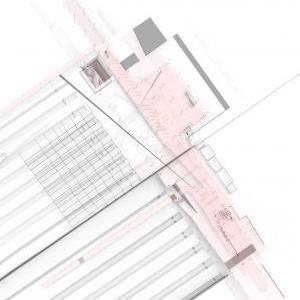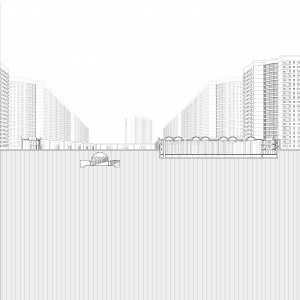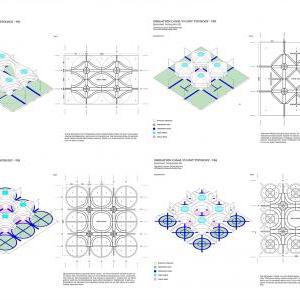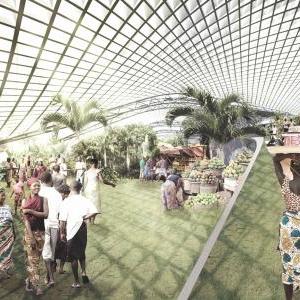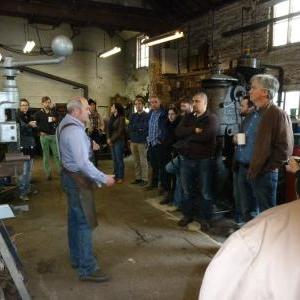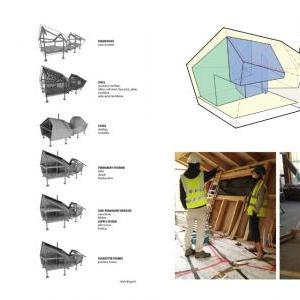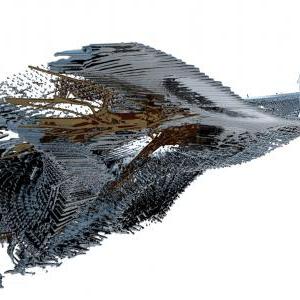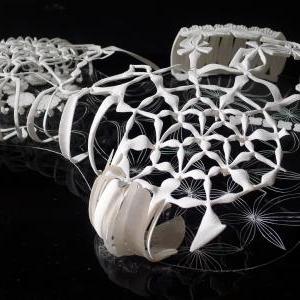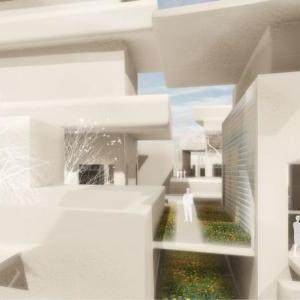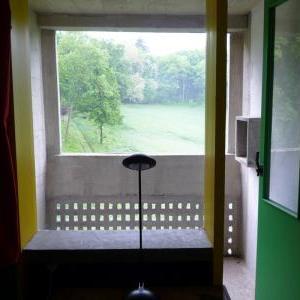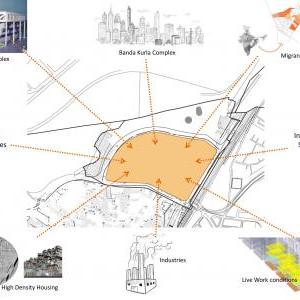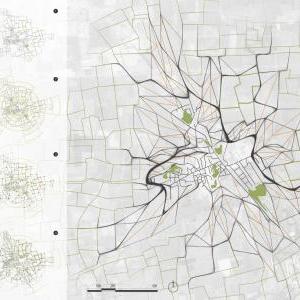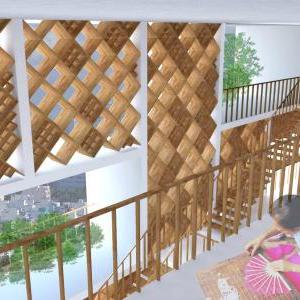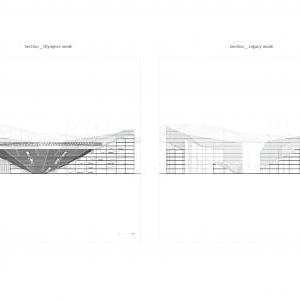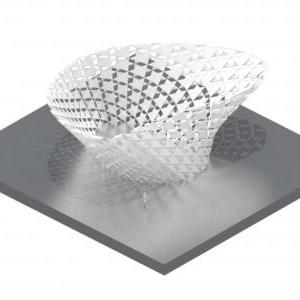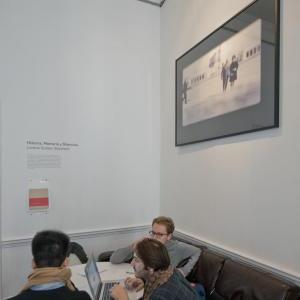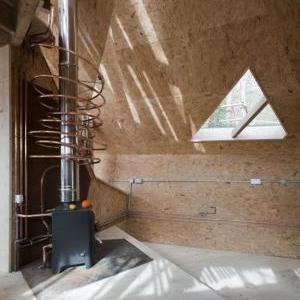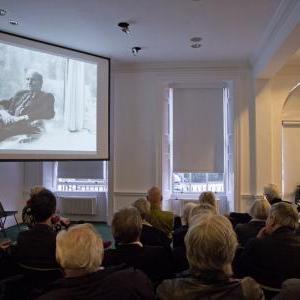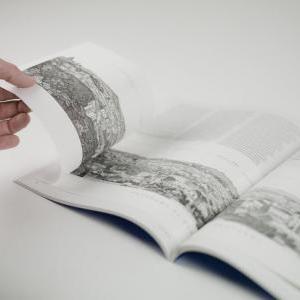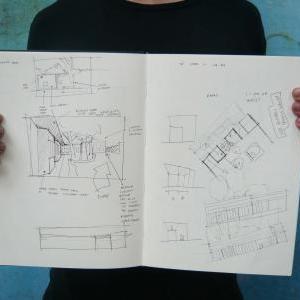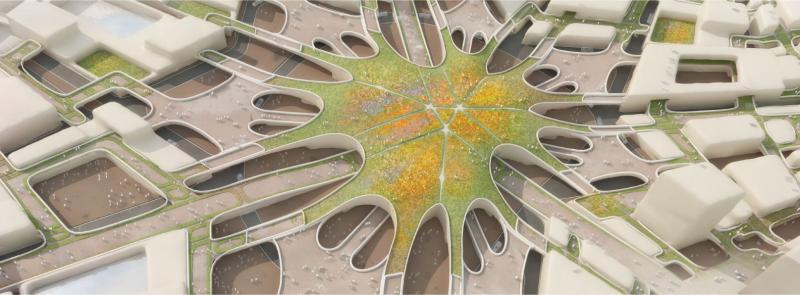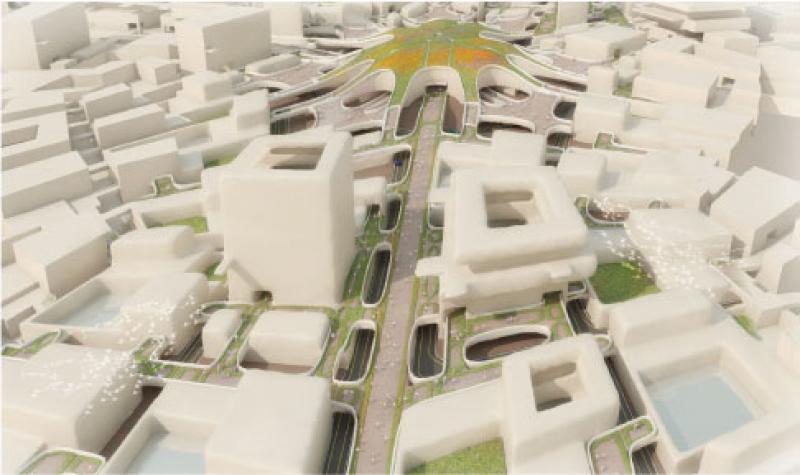The Emergent Technologies and Design programme focuses on the concepts and convergent interdisciplinary effects of emergence on design and production technologies, as well as developing these as creative inputs to new architectural and urban design processes. The programme continues to evolve through the development of our research in studio, seminar coursework and dissertations. We aim to produce new research each year, building from our interests and expertise in material organisation and the design and development of systems in a variety of scales. This continuation of work is focused on the interdisciplinary effects of emergence, biomimetics and evolutionary computation of design and production technologies. The instruments of analysis and design in Emergent Technologies and Design are computational processes. The seminar courses and core studio are designed to familiarise students with these instruments, their associated conceptual fields and with their application to architectural design research. The courses are extensively cross-linked, thematically and instrumentally, with each other and the core studio.
In Core Studio 1 the focus is on the exploration of material systems and their development into differentiated surfaces and assemblies. These assemblies demonstrate the potential for integrated structural and environmental performance, producing local ëmicroclimaticí variations that define spatial arrangement.
In Core Studio 2 we investigate a larger and more complex piece of the city ñ examining urban systems and generating new material, social and ecological organisations.
Directors
Michael Weinstock
George Jeronimidis
Studio Master
Evan Greenberg
Studio Tutors
Wolf Mangelsdorf
Mehran Gharleghi
Visiting Tutors
Achim Menges
Acknowledgements
Francis Aish, Foster + Partners
Guy Austern, SOM
Janet Barlow, Professor of Environmental Physics, University of Reading
Charlie Corry-Wright
Georgie Corry-Wright
Cristina Díaz Moreno, AMID/Cero 9
Efrén García Grinda, AMID/Cero 9
Shawn Gupta, Guptovic Consulting
Martin Self
Jordi Truco, HYBRIDa / ELISAVA
Autonomous Infrastructures
MArch Dissertation. Lemire Abdul Halim Chehab and Mohamad Makkouk.
Autonomous Infrastructures is an investigation of a new model of urbanism that considers the integration of multiple infrastructural subsets in a single cohesive system which seeks to harness energy from local renewable resources. The aim is to generate urban tissues in which the core organisational principles rely on alternative energy sources. Three types of alternative strategies are explored: solar power, waste-to-energy and passive design techniques, each having specific urban as well as architectural implications.The dissertation includes precedents from different cities worldwide and builds upon relevant research that regards the city as an organic process. In terms of morphology, an algorithmic approach is devised to simulate urban growth, evaluate generated patches, and derive important values concerning resources and infrastructure. Resulting urban tissues recombine multiple social programmes with large vehicular flows, pedestrian walkways, public spaces and green areas. The research leads to a system with the potential of generating highly autonomous urban morphologies, adapted to local climatic conditions and social practices.
